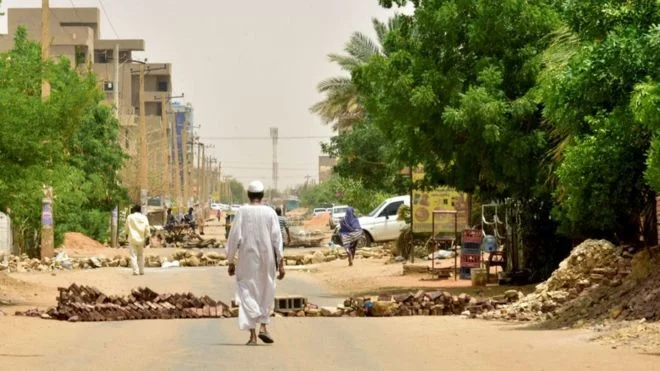2020 Democratic Primary Candidates: Beto O'Rourke By Luke Perry and Phillip Howard
This series introduces 2020 Democratic primary candidates. Previous articles examined Cory Booker, Pete Buttigieg, Julian Castro, Kirsten Gillibrand, Kamala Harris, Amy Klobuchar, Elizabeth Warren, and Andrew Yang.
Beto O’Rourke is one of many Democratic candidates for president. O’Rourke ran unsuccessfully against Sen. Ted Cruz (R-TX) in 2018, but lost by just two points, a fact he regularly emphasizes on the campaign trail. His celebration of defeat is unusual for a politician different from his competitors, but the campaign did grant him national name recognition, while O’Rourke has a long history of “failing upward,” as Politico put it.
Photo by Tom Fox/Getty
O’Rourke studied English literature at Columbia University and worked in music and business before being elected to El Paso’s city council, where he served for seven years. In 2012, O’Rourke was elected to Congress, representing TX-16. After serving three terms, O’Rourke gave up his seat to campaign for the U.S. Senate.
O’Rourke’s presidential campaign got off to a less than ideal start. After using social media to make national name for himself as effectively as anyone, “he provided a cautionary tale of such fame: There’s such a thing in politics as too much sharing.” Pictures of a teeth cleaning went viral, llustrating how “radical openness can also look like naïveté.”
O’Rourke has been polling at 2 percent, including this week, in the Iowa’s Des Moines Register/CNN poll. O’Rourke downplayed the results, while acknowledging he could do better. After his campaign “came back down to earth” last month O’Rourke hired former Obama and Clinton staffers “to run a more buttoned-down operation than his improvisational Senate bid.”
O’Rourke’s spotlight has dimmed by other well performing white men, including the rise of Pete Buttigieg and long anticipated candidacy of Joe Biden. O’Rourke has traveled extensively throughout, logging over 6,000 miles through 14 states, but did not “steadily deliver a crisp, focused performance that generated excitement among voters,” searching for answers to questions, and for some, insufficiently providing policy specifics.
Photo by Scott Olson/Getty
O’Rourke has subsequently released five policy proposals. The first focused on climate change and sought to make the U.S. carbon neutral by 2050. O’Rourke has also called for immigration reform and the increased protection of reproductive rights and voting rights.
Overall, O’Rourke’s campaign did not change much in style or substance, “largely eschewing cable news appearances that his rivals have racked up in favor of in-person campaigning” and “maintaining a hectic travels schedule that reaches beyond the traditional early voting states.”
O’Rourke did triple his staff in Iowa at the beginning of the month. The campaign contends he has held more events and visited more Iowa counties than any other 2020 candidate. Efforts there certainly have outpaced O’Rourke’s organization in other states, including New Hampshire.
Like most candidates in the crowded field, O’Rourke will need to perform well in the upcoming debates to bolster his campaign. Some Democrats hope he may reconsider, believing long-shot presidential candidates like him, John Hickenlooper, and Steve Bullock, would better serve the party competing for Congressional seats.
Luke Perry (@PolSciLukePerry) is Chair and Professor of Government at Utica College
Phillip Howard is a graduate student at Utica College







